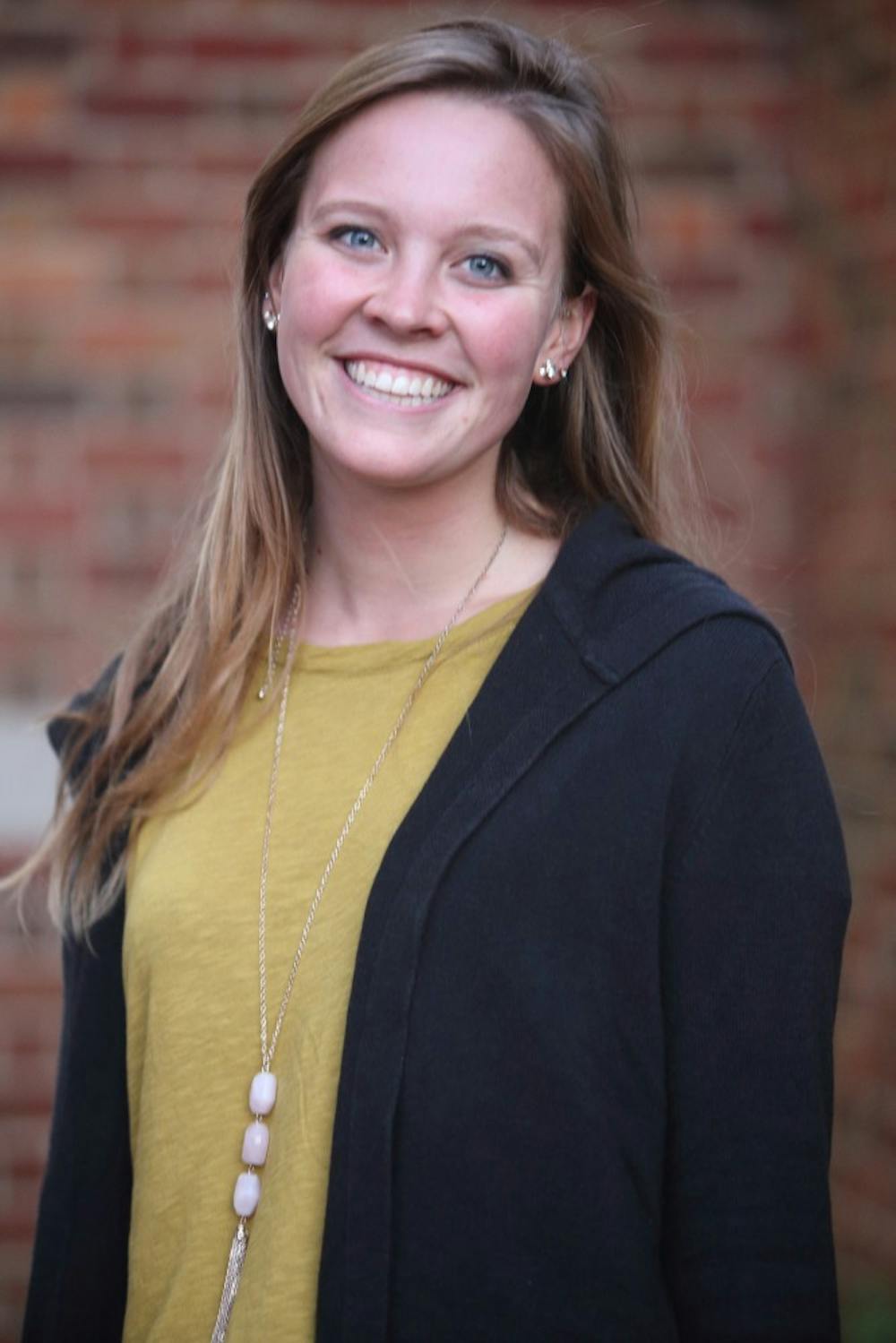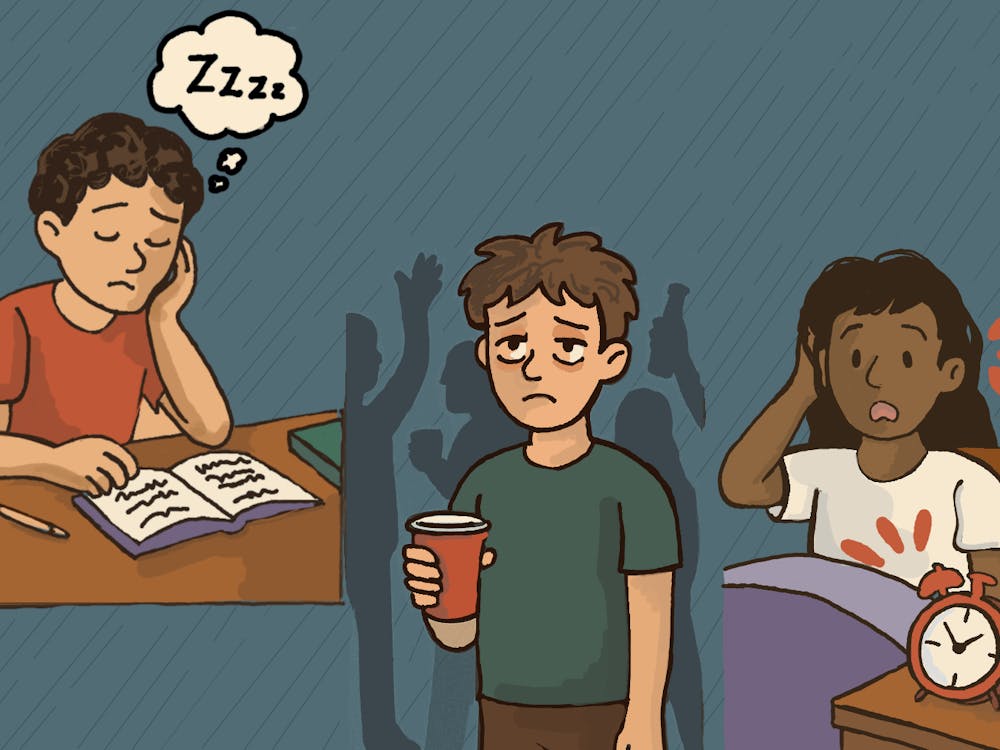In whatever book I’m presently reading, I keep a bookmark that is a folded-up photocopy of a paper my grandmother used to carry in her notebook. It’s a series of sentences that each begin with the phrase “Just for today,” and sworn statements of daily goals and hopes.
The last — which is arguably my favorite — reads, “Just for today — I will be unafraid. Especially I will not be afraid to enjoy what is beautiful and to believe that as I give to the world, so the world will give to me.”
I spent the beginning of this summer traveling, moving around by bus and stopping in hostels, coming and going with relatively high frequency. In late May, I found myself spending two days in a slow-moving beach town in southern Portugal, talking with people from all over and having one particularly thought-provoking conversation with a girl named Mel who was spending three months criss-crossing the European continent with only a backpack. She was a week into her trip when we met. One rainy afternoon when everyone from our hostel was boarded up inside and talking with each other, Mel turned to me and said,“I love this, but it makes me so sad, too.”
Her point was a positive one — she was both surprised and thrilled to have met so many people whose presence she immediately enjoyed so much.
“It’s a really wonderful reminder that there are so many genuinely good people out there in the world,” she said.
The sadness, she said, came from the quickness — the short-lived nature of these otherwise enjoyable interactions.
“It bothers me that the very moment after I meet these people, I leave them. I meet someone, I talk with someone and make some kind of legitimate connection with someone, and then, nearly the next day, I say goodbye and never see those someones again,” Mel said.
I admitted to feeling the same way — I said I too had thought a lot about the ephemeral nature of friendships made while traveling. She was articulating a sentiment that I had spent the past several months grappling with — the hello-goodbye nature of travel — and, I suppose, of life in general. We agreed — we love the hellos, hate the goodbyes.
“But, in the end, I don’t think it’s such a bad thing,” I said. “I keep telling myself that this hello-goodbye shtick is good for something. It’s good practice. Practice for what, I don’t know exactly. But it’s good practice for something.”
Fast-forward a few months and I’m back at the University, sitting on my front porch with friends and talking about all things under the sun, and I stand by my earlier notion that the hello-goodbye friendships made while traveling are good practice for something else. Perhaps, though, most things in life are just that — either the real thing or good practice for the real thing.
Why, then, would one worry about mess-ups, flubs or faux paus? At worst, one’s mistakes are steps that take them closer to where they want to be. At best, one’s steps get them to the end.
Even more good news — neither of those options should be stress-inducing. Mistakes breed good nature, good lessons and good heartedness. And the real thing — whatever that may be — comes only when you’re ready. Only when you’re ready for this real thing, when your unintended rehearsals have led you to being unknowingly unafraid enough to make use of all that prior practice.
There’s another worldly reminder that I like to keep with me — this one stays mostly in my own mind, not carried around on any particular piece of paper — that comes from a letter which John Steinbeck wrote to his son in November 1958. The whole letter is a great piece of writing, but the last line is the one I love the most — “And don’t worry about losing. If it is right, it happens — The main thing is not to hurry. Nothing good gets away.”







